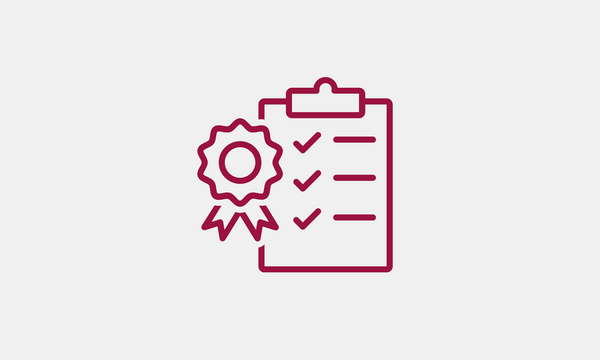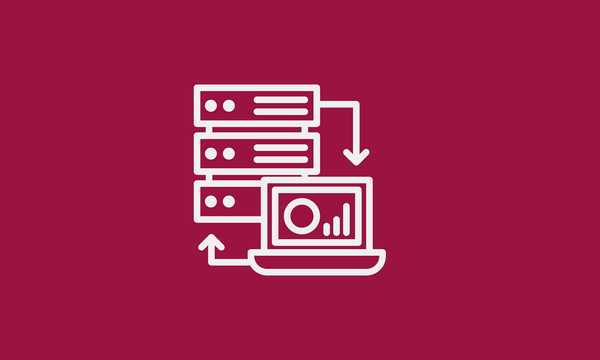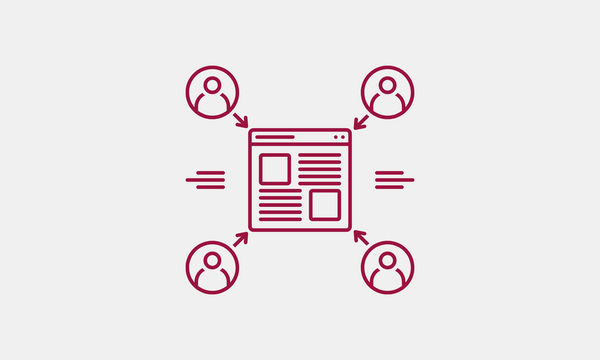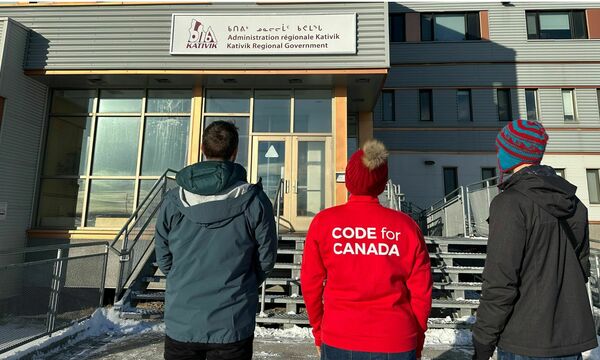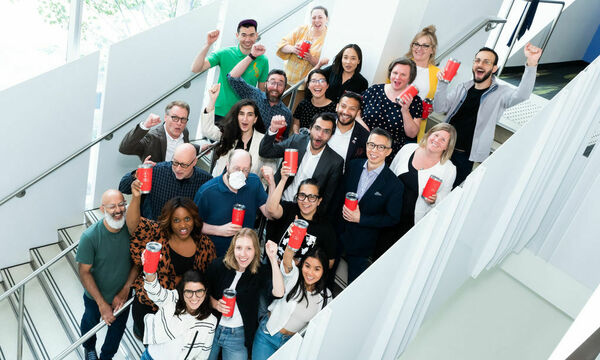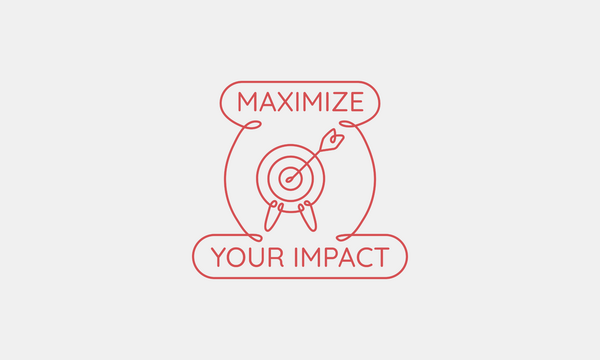Using Civic Tech to Fight Poverty in Edmonton
Aaron Wytze
February 28, 2019

For anyone who thinks about poverty in Western Canada, the annual Alberta Child Poverty report makes for some uncomfortable reading.
The number of children living in poverty in the province grew by 23.4 percent between 2006 and 2016; children from Indigenous, racialized or LGBTQ communities are anywhere from 17 to 40 percent more likely to live in poverty; and the richest one percent earn 46 times more that the poorest 10 percent, the largest income gap in the country.
“The mythology of Alberta is that this is an extremely wealthy place, and it generally speaking is, but that narrative hides a greater diversity of experience,” said Edmonton mayor Don Iveson in an online presentationabout the city’s poverty elimination strategy.
“That narrative masks the fact that fully one in eight Edmontonians are living in poverty; as an economic measure, that means many families are living below the low income cut off.”
Poverty is a complex, multi-faceted issue; there’s no one size fits all solution to the problem. But one things cities and governments can do is close the gap between the residents who are eligible for poverty reduction programs, and those who are actually participating in them.
“There’s all this money being left on the table for low income earning people,” said Katie Walker, a social worker with the City of Edmonton. A 2011 financial literacy study that found 160,000 seniors in the city did not apply for old age senior benefits. And less than 30 percent of eligible residents apply for funding through the Canada Learning Bond.
That could change with the launch of “You Can Benefit,” an online tool that helps residents discover and enrol in benefits they’re eligible for.
By answering a few basic questions about your income, your age and the size of your family, You Can Benefit can quickly guide you to resources that you can apply for online. There’s no need to submit any personal data, and the questions act as a guide to see what benefits you and your family are eligible for. In total, the entire entry process takes less than a minute, and users get immediate results on what they can apply for.
Co-created by staff at the City of Edmonton, members of the BetaCity YEGcivic tech group, and e4c Alberta You Can Benefit is another example of how civic hackers, public servants and non-profits are collaborating to make life better for residents.
An integrated, online benefits finder had been on Edmonton’s wishlist for years. But things didn’t really get rolling until David Rauch, a co-founder of BetaCity YEG and a former planner with the city, approached e4c about building one.
They quickly agreed to work together, and David pitched the idea at Beta City YEG’s monthly hack night.
Steven Myers, who was a grad student at the time at the University of Alberta, was intrigued by the project, and volunteered to take on the programming duties. He worked closely with e4c and the City to ensure the platform was easy to update, and that the interface was easy to use for both the public and public servants.
“You don’t need to turn this into a capital funded project; the meat and potatoes of this is believing in your citizens.”
For Edmonton social worker Lianna Chondo, the collaborative process of the designing the tool was the key to its success.
“We know incredibly little about programming,” she said. “I think that’s really important, that all the stakeholders didn’t need to learn all the components.”
The You Can Benefit navigator is a rarity of digital infrastructure; it’s an open source tool created in collaboration between civic hackers, government and the non-profit sector. For those involved, it’s also a lesson in how quickly and easily civic solutions can be built when government acts an enabler of civic tech.
“It’s important for the mayor to notice that civic tech is a thing, and can support it, but not help too much,” said Jared Rewarts, a software engineer with the City of Edmonton, and a member of Beta City YEG.
“You don’t need to turn this into a capital funded project; the meat and potatoes of this is believing in your citizens.”
